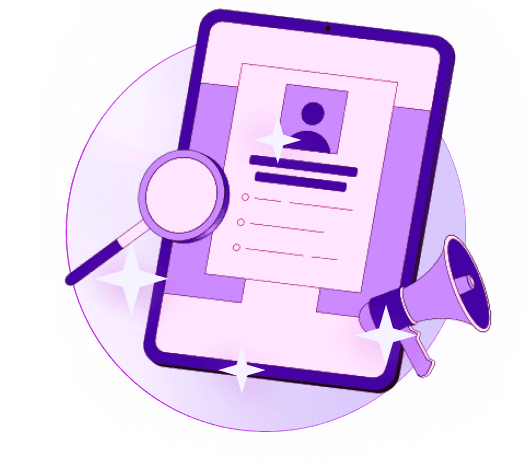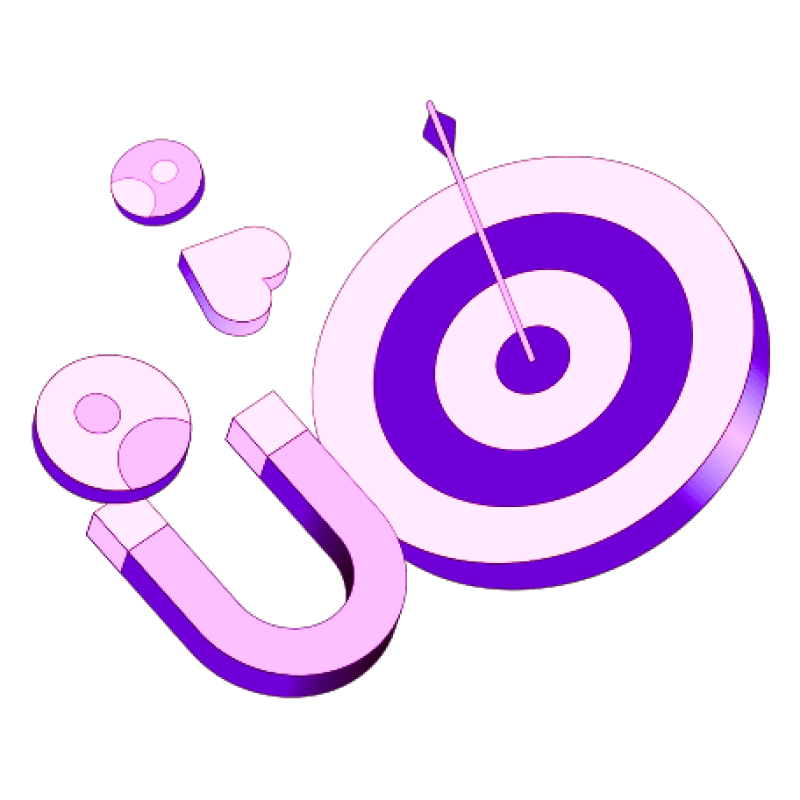Blogs
Articles

What is Sales Automation?
Your sales reps spend just 28% of their week selling. What is sales automation? The answer lies in closing this productivity gap.
Sales representatives spend their remaining time on mundane tasks like lead prioritization and data entry. A newer study shows that sales professionals expect generative AI to save them 4.5 hours each week. Companies that use sales automation see their sales team's efficiency jump by 14.5%.
Your team can focus directly on prospects when sales automation tools handle repetitive tasks. Automated follow-up emails reach prospects right after they complete a form, without waiting for sales rep availability. The McKinsey Global Institute reveals that teams can automate a third of their sales operations, which creates a huge chance to streamline processes.
This piece will show you how sales automation works and what benefits it brings to your business. Let's find out how to give your sales team more time to excel at what they do best—sell.
What is sales automation?
Sales automation uses technology to handle repetitive, time-consuming sales tasks that once needed manual effort. It helps sales teams use software, artificial intelligence, and other digital tools to streamline their entire sales process.
The global sales force automation market should reach USD 21.00 billion by 2032, which suggests widespread technology adoption in industries worldwide. McKinsey Global Institute's research shows that teams can easily automate about one-third of sales and sales operations tasks with current technology.
Sales automation becomes powerful because it handles many activities:
Data capture and entry
Lead qualification and scoring
Email templating and follow-ups
Pipeline management
Sales forecasting
Contract renewals
Commissions management
Customer onboarding
Sales automation handles administrative tasks well, but it cannot replace sales representatives. No software matches human connections that build healthy customer relationships. This technology supports sales professionals so they can focus on their strengths—building relationships and closing deals.
Companies that use sales automation report impressive results:
More time spent with customers
Better customer satisfaction
Sales potential increase up to 10%
What are the benefits of sales automation?
Sales automation significantly affects the financial performance of businesses of all sizes. Sales teams can save 2 hours and 15 minutes each day by using automation tools. This saved time lets them focus on activities that generate revenue.
The benefits go well beyond time savings. Companies that use sales automation report 10-15% better efficiency and sales increases up to 10%. These numbers directly boost profits, as businesses see a 20% jump in productivity after they start using automation.
The financial gains are clear. Automation cuts marketing costs by 12.2% while boosting revenue. To name just one example, automated email campaigns bring in 320% more revenue than regular emails. This combination of lower costs and higher revenue makes automation an attractive investment.
Sales teams work differently with automation. Their sales cycles become 28% shorter, which speeds up revenue generation. AI-powered automation also helps find and focus on high-value prospects, which leads to better quality leads.
How does sales automation work?
Sales automation works as an evidence-based ecosystem that changes customer interactions into simplified processes. The system's foundations are built on three main components: data capture, analysis, and automated action.
Sales automation gathers customer data from touchpoints of all types - phone calls, emails, and website interactions. This information stimulates the whole system. The automation captures this data live, so nothing gets missed.
The bi-directional synchronization is a vital element. Sales automation platforms like Persana AI keep data updated across integrated systems. Changes in one platform reflect instantly across connected systems when there's new information - whether it's a lead, contact details, or deal progress.
AI improves these capabilities in advanced setups:
Predictive analysis learns about pipeline data to forecast opportunities and risks
Automated lead scoring prioritizes prospects based on behavior and demographics
Conversation analysis extracts keywords and insights from sales calls
Generative AI creates customized outreach materials like emails and reports
About one-third of all sales tasks can be automated effectively. This includes prospecting, lead qualification, email follow-ups, meeting scheduling, and sales forecasting.
Examples of sales automation
Companies today are seeing remarkable results from sales automation throughout their operations. Real-life examples show how automation turns theory into business advantages that matter.
One advanced-industries company used automation to improve their bid process and reduced proposal time from three weeks to just two hours. This change improved customer satisfaction and added 5% more revenue.
Avid Solutions used IBM watsonx Orchestrate technology to automate customer onboarding and cut processing time by 25%. The same benefits appeared at Comparus, where an AI-powered chatbot decreased customer bank queries by 30%.
Sales pipeline automation proves valuable in many ways. The system takes action automatically as leads progress through different stages. A lead moving from "Qualified" to "Proposal" stage triggers the system to send relevant proposals immediately.
Success stories include:
Smart emails that respond to customer behavior like cart abandonment or welcome messages
Conversation tools that record and analyze sales calls to spot key moments
Lead scoring systems that help teams focus on promising prospects
Order processing and work order management that now take hours instead of days
These examples prove automation works well in practice. Companies that automate repetitive tasks see better efficiency, faster sales, and higher revenue consistently.
Conclusion
Sales automation revolutionizes modern businesses that want to maximize their sales potential. Automation technology streamlines processes by handling routine tasks and gives sales teams more time for meaningful customer interactions.
The numbers tell a clear story. Companies using sales automation report efficiency improvements of 10-15%, faster sales cycles, and revenue growth up to 10%. On top of that, 90% of employees feel more satisfied with their jobs after implementing automation.
The market still offers huge opportunities. All but one of these companies haven't automated their sales processes yet. Early adopters gain a real edge over competitors. Sales teams save about 2 hours and 15 minutes each day. This extra time lets them build relationships and close more deals instead of drowning in paperwork.
Organizations that balance human expertise with tech efficiency will lead tomorrow's sales world. Your choice of automation platform plays a crucial role in your success. We suggest you check out Persana.ai to find how custom automation can solve your specific sales challenges.
FAQ
How can you get started with sales automation?
Start by having a conversation with your sales team about their daily tasks. Find out which non-revenue-generating activities take up most of their time. Look for digital tools that can handle these specific tasks automatically. The best way to review an automation platform comes from direct experience—many CRM providers let you try their sales automation solutions for free.
What is the difference between CRM and sales automation?
CRM solutions and sales automation work together but serve different purposes. A CRM is customer relationship management software. Sales automation technology works inside the CRM to handle routine sales tasks automatically. CRM providers offer sales automation features at different levels based on technical capabilities and subscription plans.
What businesses benefit most from automated sales?
Companies across industries and sizes can gain value from automating parts of their sales pipeline. The real advantage lies not in who uses it but in how they use it. Targeted application on specific tasks brings the best outcomes. Oracle's data shows that 80% of businesses using automation see improved efficiency and productivity.

Create Your Free Persana Account Today
Join 5000+ GTM leaders who are using Persana for their outbound needs.
How Persana increases your sales results
One of the most effective ways to ensure sales cycle consistency is by using AI-driven automation. A solution like Persana, and its AI SDR - Nia, helps you streamline significant parts of your sales process, including prospecting, outreach personalization, and follow-up.



